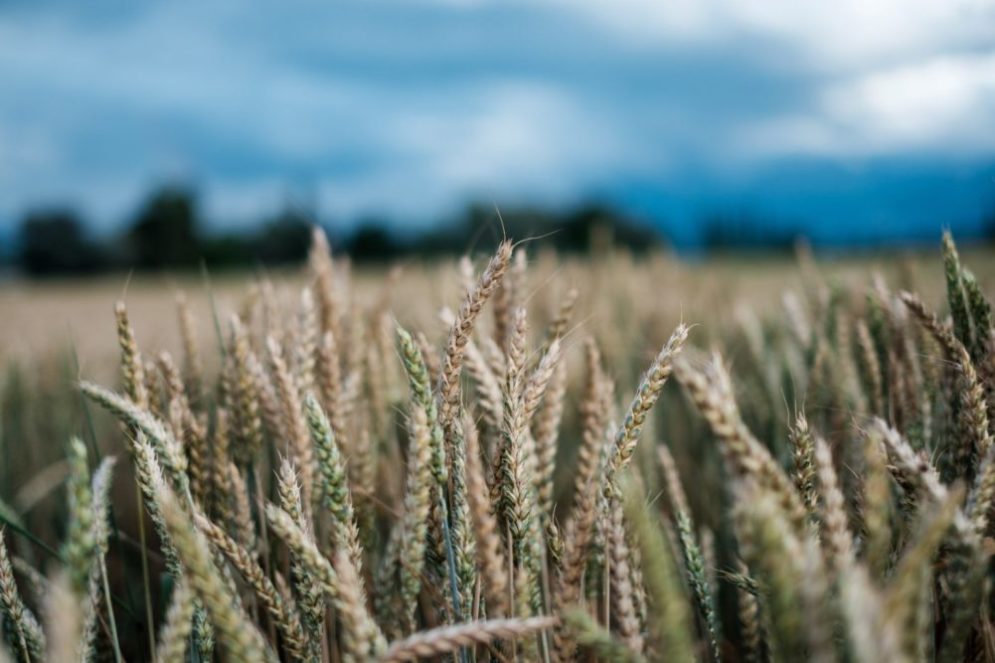The biologics space offers a lot of promise but for some, it’s riddled with doubt and skepticism. US agribusiness marketplace Farmers Business Network (FBN) is hoping to move the needle toward faster development and wider adoption of these alternative inputs.
FBN’s recently unveiled Biological On-Farm R&D Network will connect developers of biological ag inputs directly with farmers to perform trials in full-scale testing environments.
New class of inputs
Biologics consist of ‘natural’ crop protection and plant health solutions that can be used alone or as part of a program that incorporates conventional, chemical-based pesticides and fertilizers.
This new class of inputs has gained popularity as an answer to some of the detrimental impacts of chemical inputs, including human and environmental health concerns. A number of countries have banned the use of glyphosate, a widely-used herbicide and desiccant, in the face of these concerns.
FBN’s goal is to facilitate the commercialization of biological products while ensuring the products will be as effective as possible. The On-Farm R&D Network will provide anonymous agronomic data at scale with more than 260 million “acre events” of real-world farm data from FBN’s 15,000 member farms in the US, Canada, and Australia.
“The efficacy of biologicals is unproven, meaning it’s hard to establish definitively that a product will work, whereas with a chemical you spray a weed and it dies. So, a farmer does not necessarily trust it,” FBN CEO and co-founder Amol Deshpande told AFN.
“We feel like the answer to that is large-scale data.”
The offering is also meant to cut out middlemen who may have a tendency to push whatever inputs they have in stock instead of prioritizing newer, more environmentally friendly products.
“That means that good products don’t make it to market,” Deshpande said. “We want the best products and data to win [and that’s why] we are opening up this R&D platform. Farmers are going to be the ones running the trials. They will get the data and they’ll have the confidence in the efficacy.”
Here’s how it will work
Farmers will not only receive payment for testing out a biological input; they’ll get to use the product for free. FBN is taking a careful approach to choosing which products it will test-run through the new offering and plans to announce a shortlist of 10 to 15 next year.
“It’ll be a very controlled process where we figure out the products that are the most likely to be successful from anybody – big players in the industry or small startups. If someone has innovation we are excited to work with them,” Matthew Meisner, vice president of R&D at FBN, told AFN.
To do this, FBN will consider a company’s scientific rigor, management team, existing data on the product, and capitalization to see whether it’s built to last.
As farmers start to generate data and figure out which products offer the most consistency and efficacy, FBN hopes to start selling them through its procurement platform, FBN Direct.
“One of the frustrations that we learned about in talking to a lot of biologics company CEOs is how slow the adoption cycle can be. It can be years and years of testing,” Deshpande said. “Then, the middleman comes back with some unreasonable deal, and does or doesn’t want to sell it, or something else has got their attention now. We want to make it a more predictable path.”
Will biologics overtake traditional chemistries?
Bayer may have announced a new herbicide coming 2030 during its February 2020 R&D pipeline showcase, but the ag giant isn’t betting against biologicals.
“We see an increasing role [for] biologics and we are investing in them because different market segments have a strong interest in tapping into them,” Bob Reiter, head of research & development, Bayer Crop Science, told AFN back in February.
“The reality is, though, that biologics don’t have the same efficacy as chemistries, and to really have effective tools for areas like weed control, they need to still have chemistries available for farmers to use,” Reiter added.
Some startups have tried to tackle the barriers to biological inputs through partnerships, like 3Bar Biologics and Pivot Bio and NewLeaf and Joyn Bio.
Goldmine of information
Others are trying to make their products fit into the existing ecosystem for chemical-based inputs with ease. Biological inputs often come in liquid or powder form that can pose extra costs to a farmer as well as a lack of compatibility with their existing equipment. Andes Ag’s seeds come with a microbial coating but they can be stored, transported, and manipulated just like conventional seeds, for example.
As FBN amasses biological input performance data, the goldmine of information could offer other startups and stakeholders in the space a way to expedite their own understanding of this emerging class of products. Due to data privacy concerns, FBN would be slow to approach any open-source access to the new network’s data.
For now, chipping away at the skepticism around biologicals while building a new route to market for them is a big enough challenge for them.
“There are very few startup innovators in the seed and trait space anymore because the large companies squashed it and own that space,” Desphande said. “There’s a lot of innovative companies in the biologics space. We just have to find them, prove they work, and get them to market.”





